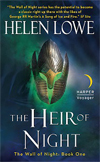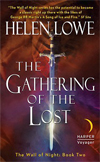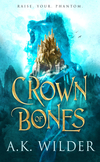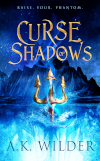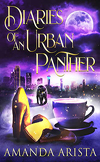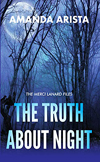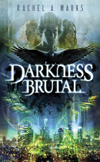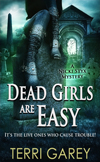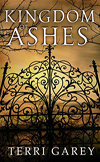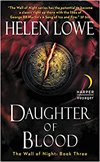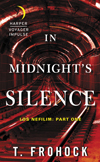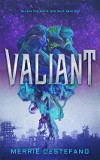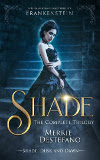– all part of gettin' fictional on 2015. :)
This is the second and final part of the story, but before you get reading, there is more.
The following morning was grey and overcast, threatening rain, and
the house was so quiet I thought Debbie must have already gone out. "Fry up time," I said out loud, and
broke some eggs into the pan. I was buttering the toast when Debbie appeared,
yawning mightily and looking pale above a man's old fashioned, plaid dressing
gown. But it wasn't the dressing gown that made me pause, knife in mid-air. "What's
that you've got on your head?" I demanded.
"It looks like a Rastafarian tea cosy!"
"Probably," she said, without much interest. She wasn't
interested in eggs either, just made herself a large mug of herbal tea and
stared into it as though she could read her future in the cloudy depths. I put
her subdued spirits down to obvious, Saturday night causes and addressed my
energies to the eggs. Neither of us spoke for some time, and it was only when I
was tidying up that she said, "I may have to stay on a bit longer. Is that
OK?"
"Has your course been extended?" I asked. "How long
for?"
"Probably only a few weeks," she said. "An
opportunity's come up to do something more, and there's the set project I'd
like to finish here as well, because it's going to be impossible to take with
me."
"It must be big," I said, and she nodded. "Will you
be able to sell it here then, before you leave?"
She nodded again. "I
think so. I'll have to. So is that OK with you? The staying on, I mean?"
"Yeah, sure, of course," I said. I grinned, unable to
resist teasing. "You're not too much trouble, for one of Tom's
friends."
She smiled faintly. "Tom means well. I can give you some money,
too, of course.”
I hesitated, then shrugged. “It doesn't matter. I don't really need
it, you know."
She regarded me gravely across the rim of the mug. "That's what Tom said. He said some aunt
of yours left you a legacy, along with the house."
"Great-aunt," I corrected, "and the legacy is mainly for
the house, to maintain it. Unfortunately, I still have to work for a
living."
Her smile deepened momentarily, before she banished it. "That
must be hard."
I laughed and looked out the window, assessing the day. "It
looks like it's going to clear up after all. Why don't we go out to the harbor heads
and see that wreck?"
She put the mug down and peered out, too. "Really? It would be
so great to get out of town for a while."
"Let's do it then," I said. "That is, so long as you wear something
other than that tea cosy thing on your head."
Debbie grinned. "I'll wear a beanie: To spare your
sensibilities."
*
"It feels quite different out here," she said, a few hours
later, when we had parked the car and were walking out to the beach. "It's
wilder, of course, and more open – but the town's always so drab and grungy. It's
turned in on itself."
"Focused on past glories," I agreed. "But it
grows on you after a while, all the same."
"There's too much stone," Debbie said. "And not
enough trees, not down on the flat anyway. The town's turned its back on the
harbour, too. So it's all just stone,
stone and more stone; that's what makes everything seem so heavy.” She paused,
her eyes tearing up as she stared into the wind. “It weighs down on the
soul."
I felt my eyebrows lift. "I thought you'd like stone, being a
sculptor."
"That's different. It's not an environment." She stopped, looking around at the long,
lonely stretch of beach, the ocean and the brooding sweep of sky. "Now
this is an environment! But where's the wreck?"
I pointed towards the far end of the beach. "It's just the
wheel really, although I expect there're plenty of spars beneath the sand. You
can just see it – there, in the surf."
We walked in silence after that. The wind was brisk, cool but not
freezing, and Debbie seemed absorbed by the shifting colours of the sea and the
multitude of birds, great flocks of them along the water margin and around the
deeper pools. "I could watch them forever," she said, and did,
standing motionless for a long time.
"I wonder how many of them are birds of passage," she
said, when we moved on, "like the godwits further north? They say they
migrate from New Zealand to the Arctic and back again every year. Isn't that
amazing?"
I agreed that it was, but thought that most of the birds on this beach
were permanent residents. By that stage we had come up to the paddle wheel,
shell encrusted in the creaming surf, and I had to relate what I knew of the
wreck, which wasn't a lot. The ship, I volunteered, had been called the
Victory, the same name as Nelson's flagship, and now the beach was named after
it as well.
"There were a lot of wrecks on the Coast too," said
Debbie, with a shiver. Her face clouded and she said she felt like a rest, so
we sat on the edge of the dunes, watching the waves and the wading birds. Debbie's
eyes followed a gull's flight. "I
wonder if they know where they're going, those godwits," she said softly,
"or is it just instinct they follow, out across the vast ocean?"
I said nothing, just watched the gull myself, not sure an answer was
required.
"We're not that different, are we?" she continued after a
while. "People, I mean. We have all sorts of ideas about what comes after,
but we don't really know. We're like the godwits, compelled to head into the
unknown with only a feeling, faith maybe, to guide us."
I looked at her, staring out at the horizon with her beanie pulled
down over her ears. Her eyes were shadowed, even somber. Although that, I
thought, might just be the effect of the day, which had grown overcast again. Sitting
so close, I felt my awareness of her shift and sharpen, like changing up a gear
on the bike. I could see the film of salt on her lips and imagine their taste
beneath mine, the same wild tang as the ocean, and after that – what?
I almost did it, leaned that bit closer and kissed her, but caution
prevailed. There was too much I didn't know – about Debbie's relationship with
Tom, or how far I wanted to take things with her staying in the house for an
open-ended period. Hasten slowly, I told myself, watching another seagull beat
into the headwind. Wait and see how things go.
Debbie looked around then and smiled; the cloud cover shifted, letting
through a gleam of sun. "Perhaps not you though," she said, still
pursuing her line of thought. "I think you're a shore dweller at
heart."
"Never looking beyond the horizon at all," I agreed,
lightly, since it was true. I am not a reflective person. Later, and not
without bitterness, I was to think – and not an observant one either. But that
afternoon I was just pleased to see her mood lighten, and to hear her say, when
we turned for a last look down the beach, "This has been a fabulous
afternoon. I'd like to come out here again some time."
She never did, though. I don't know how long it was, after that,
before I realised the hats were more than just an alternative fashion
statement, and that although she really was working on a sculpture at the
design school, the main course was at the hospital. As I said, not very
observant, but even I couldn't fail to notice the signs in the end—which seemed
to come swiftly after that. The bitterness stemmed from realizing, too late,
how deeply she had gotten under my skin. I was almost surprised at how bereft I
felt, listening to the emptiness of the house after she died.
"I should have warned you," said Tom, when he was staying
on after the funeral. "Debs always was the sort who grew on you quietly –
the kind you end up really missing."
I said nothing. What could you say to a man who had stayed on at the
glaciers even when he knew how really sick she was. But that was Tom for you,
he would always leave the hard yards to someone else. For a moment, I came
close to hating him, sitting there so calmly, squinting down at his
roll-your-own.
"She must have
really liked you though," he said, "because she's left you one of her
pieces of stone. It's a bit different from the usual – and big. It'll take the
pickup and both of us to get it up here."
It
did – and I saw what he meant about it being different. The sculpture was a bas
relief, rather than one of the customary, figurative pieces, but it was all
there, captured in the face of the stone: the long sweep of the beach and the
solitary godwit wheeling, called to an unknown shore and striking out on its
uncharted journey. I looked at it for a long time, and then I got Tom to help
me put it in the garden, under what had been her window, facing out to the
harbor and Victory Beach.
The End

 Kim Falconer is a Supernatural Underground author writing paranormal romance, urban fantasy, YA and epic science fantasy novels.
Kim Falconer is a Supernatural Underground author writing paranormal romance, urban fantasy, YA and epic science fantasy novels. 
 Slipstream fiction is being referred to as "the New Weird", and I, for one, am very glad to hear it. I've never wanted to be a carbon copy of everyone else - I have my quirks (I adore Halloween, avoid red meat, and talk to my orchids while tending them). According to the WSJ article*, I'm not alone, as Slipstream Fiction is a fast-growing genre, indicating that readers seem to embrace the blending of the mundane with the bizarre.
Slipstream fiction is being referred to as "the New Weird", and I, for one, am very glad to hear it. I've never wanted to be a carbon copy of everyone else - I have my quirks (I adore Halloween, avoid red meat, and talk to my orchids while tending them). According to the WSJ article*, I'm not alone, as Slipstream Fiction is a fast-growing genre, indicating that readers seem to embrace the blending of the mundane with the bizarre.
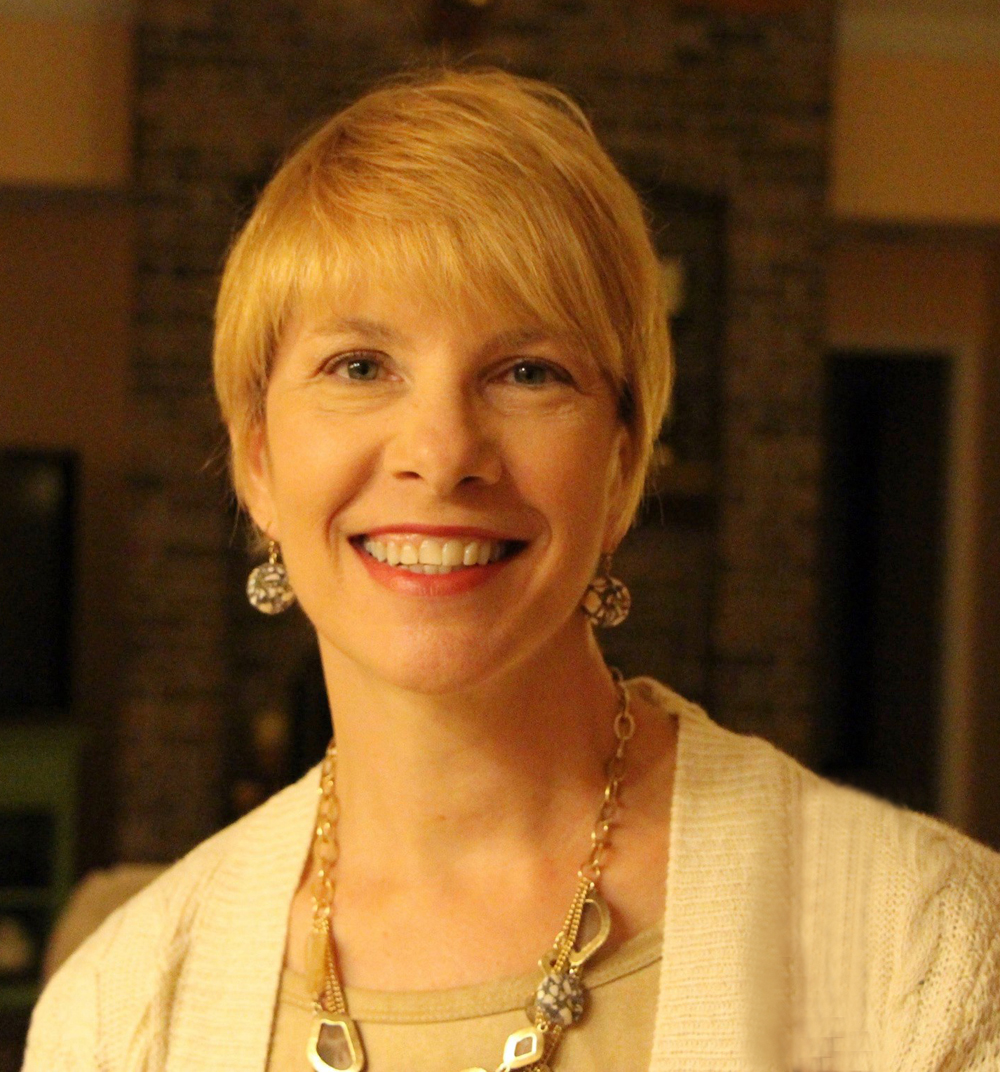 Terri Garey is a Supernatural Underground author who writes award-winning and critically-acclaimed urban fantasy. Even though she's a big scaredy-cat who can't watch horror movies or visit haunted houses, she loves moonlit graveyards, moss-covered headstones and the idea that life goes on even after it's over. Her latest release is WHISTLING PAST THE GRAVEYARD, and you can visit her on the web at
Terri Garey is a Supernatural Underground author who writes award-winning and critically-acclaimed urban fantasy. Even though she's a big scaredy-cat who can't watch horror movies or visit haunted houses, she loves moonlit graveyards, moss-covered headstones and the idea that life goes on even after it's over. Her latest release is WHISTLING PAST THE GRAVEYARD, and you can visit her on the web at 



